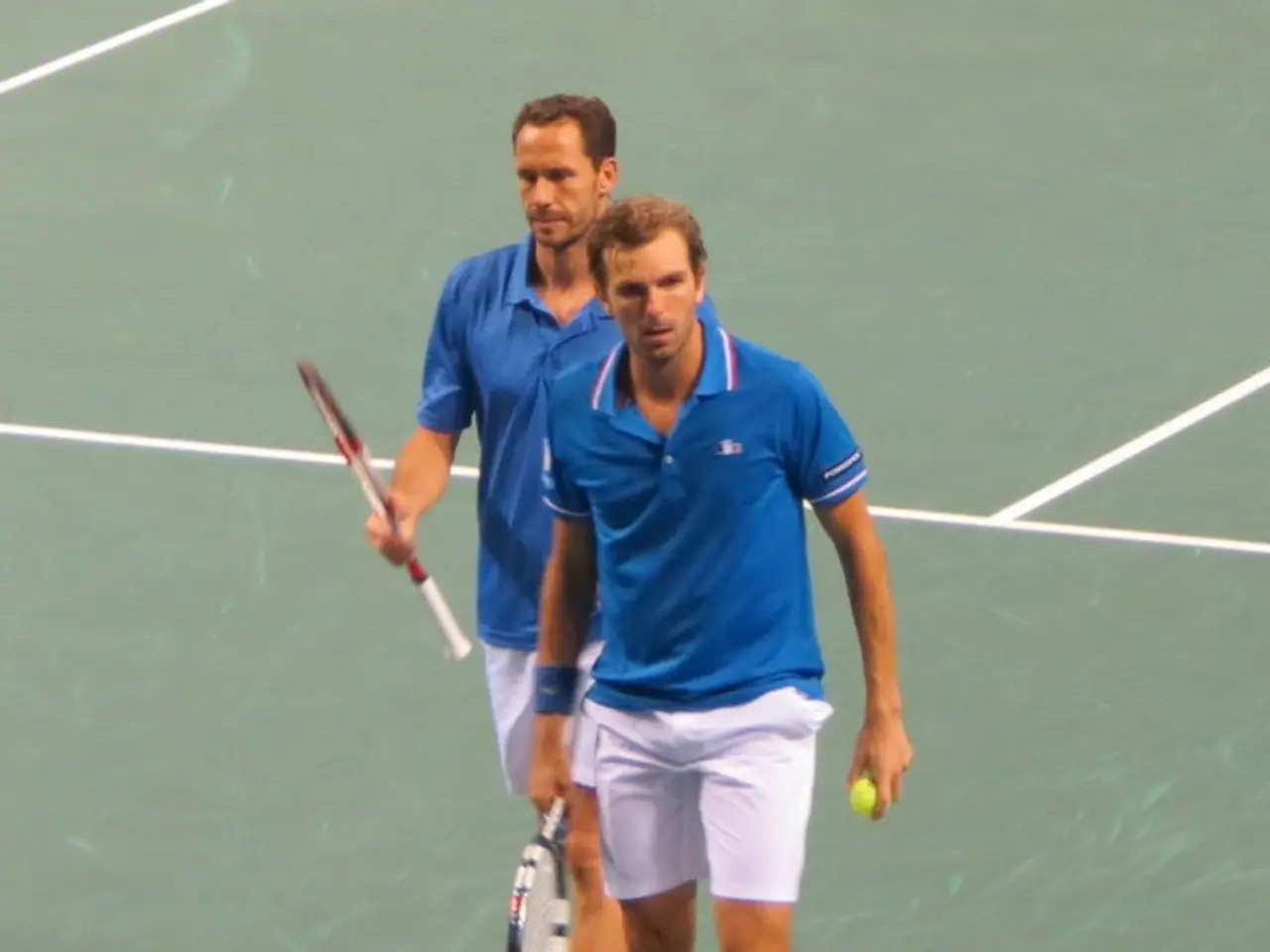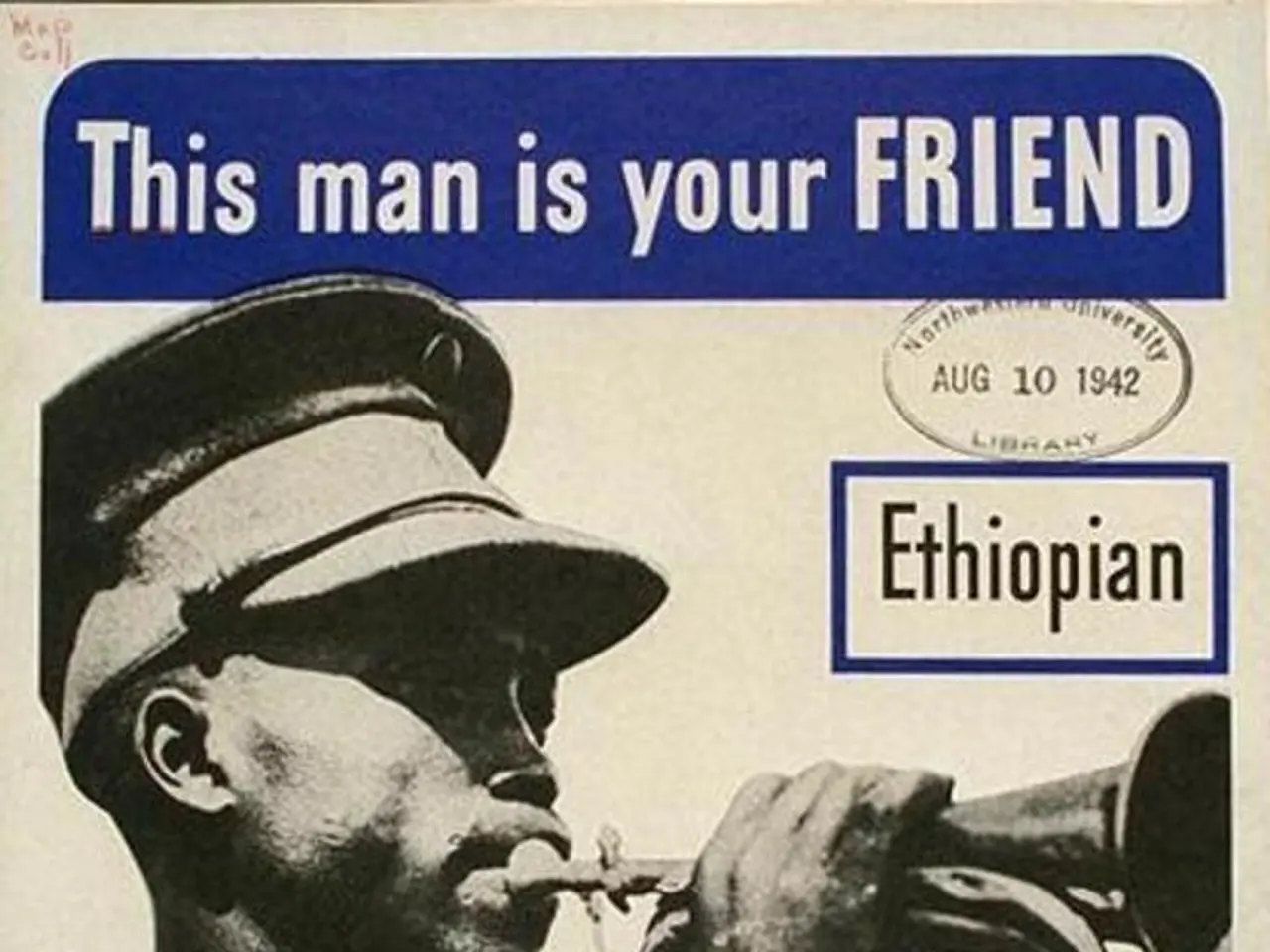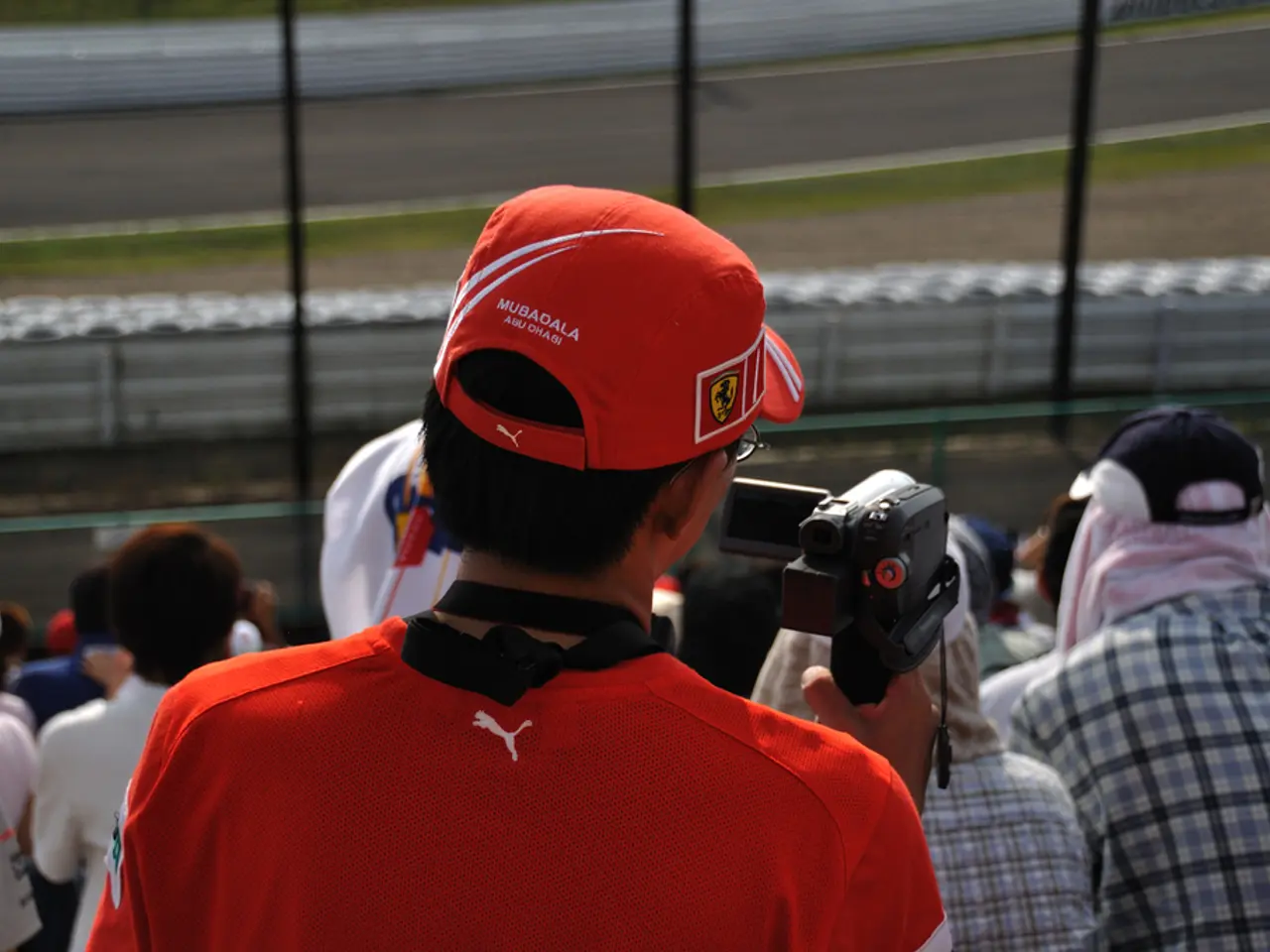"Historic ruling": EU's highest court decides on a contested matter
European Court of Justice Ruling Strengthens Athletes' Rights and Challenges CAS Monopoly
In a landmark decision, the European Court of Justice (ECJ) has ruled that the Court of Arbitration for Sport (CAS) arbitration awards can be reviewed for compatibility with the public order of the European Union. This ruling potentially undermines the monopoly of the CAS and offers athletes and other stakeholders the opportunity to challenge CAS decisions before national courts.
The Belgian football club RFC Seraing has been in dispute with FIFA over the ban on third-party ownership for more than ten years. The club, along with other parties, argued that the CAS, which has been deciding on disciplinary sanctions, transfer permits, and doping bans since 1984, was not immune to review by national courts.
The ECJ ruling strengthens the rights of athletes and clubs to have national courts review the compatibility of CAS arbitration awards with European 'Ordre public'. This decision significantly curtails the CAS, as national courts will now be able to thoroughly examine the compatibility of CAS arbitration awards with Union law.
The ECJ held that sports federations and bodies like FIFA cannot use private arbitration to circumvent EU law obligations. This means that CAS awards may no longer be considered fully final and binding without recourse, shifting the balance of power away from a solely private arbitration system toward greater oversight by public courts.
This ruling increases legal recourse options for athletes in the EU, potentially expanding their rights and protections regarding sports disputes and governance issues. The long-term impact of this ruling on the CAS remains to be seen, but it could lead to more litigation avenues outside of CAS and increased scrutiny of sports governance under EU law.
The Swiss Federal Supreme Court was the only entity previously able to overturn CAS decisions, but only in case of procedural errors. A central point of focus in the future is likely to be competition law, as athletes and clubs often sue against rules imposed by large associations.
The CAS ruled in favor of FIFA, and the Swiss Federal Supreme Court had no objections. However, the club questioned the independence of the CAS due to its financing by international associations. The lawyers of the club stated that the ECJ put an end to procedural fraud used by international sports associations to circumvent EU law.
The International Olympic Committee announced it would carefully study the ruling. The CAS General Director Matthieu Reeb has assured that the CAS will continue to settle disputes worldwide promptly and expertly. With the ECJ ruling, the club appealed to the courts in Belgium, which can now continue the dispute.
This ruling marks a significant step towards ensuring that athletes and clubs have effective judicial protection within the EU legal framework. It is expected that this ruling will have far-reaching implications for international sports justice and governance under EU law.
In light of the EU's new policy-and-legislation, sports-betting, general-news, and football will all be affected by the European Court of Justice's ruling, which extends jurisdiction to national courts for reviewing CAS arbitration awards. The ruling, specifically focusing on the club RFC Seraing's dispute with FIFA, challenges the CAS's monopoly and strengthens athletes' rights in European leagues, such as the premier-league. This change in sports governance potentially leads to more sports-related politics and increased competition law litigations, as athletes and clubs seek to combat rules imposed by large associations. The CAS, a key player in sports arbitration, has assured that its operations will not be disrupted, but this ruling may spark a shift in the dynamics of international sports justice.






